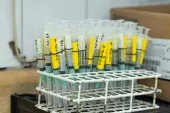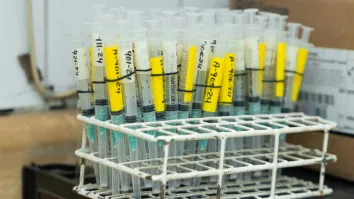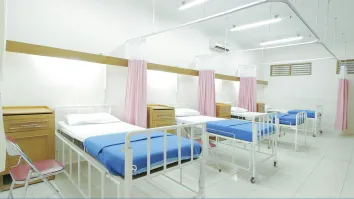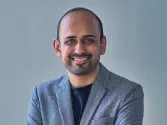
Almost half of APAC healthcare providers eyeing investments in AI
Healthcare organisations are still wary of the ethical implications of the rapidly growing technology.
A recent report by the International Data Corporation (IDC) showed that 49.6% of healthcare providers in Asia Pacific look into investing in generative artificial intelligence (AI) to enhance patient care and boost productivity in clinics.
APAC healthcare organisations are mostly interested in the use of generative AI to enhance marketing, knowledge management, and conversational applications, according to the IDC Future Enterprise Resiliency and Spending survey.
“In healthcare, generative AI has the immense potential to address inherent challenges to increase productivity, attain hyper-personalization, and enhance physician/patient experience by leveraging capabilities of large language models,” said Manoj Vallikkat, senior research manager at IDC Asia Pacific.
The report highlighted the need for “explainability” of adopting generative AI in healthcare, especially since diagnosis and treatment plans generated by AI-powered tools will have significant impacts on patients’ lives.
As vital as generative AI’s uses though, APAC healthcare providers remain cautious in observing ethical standards with 14% being already compliant, and 61% currently adopting data ethics requirements.
IDC is the leading global provider of global, regional, local expertise on technology and industry opportunities and trends in over 110 countries.



















 Advertise
Advertise






